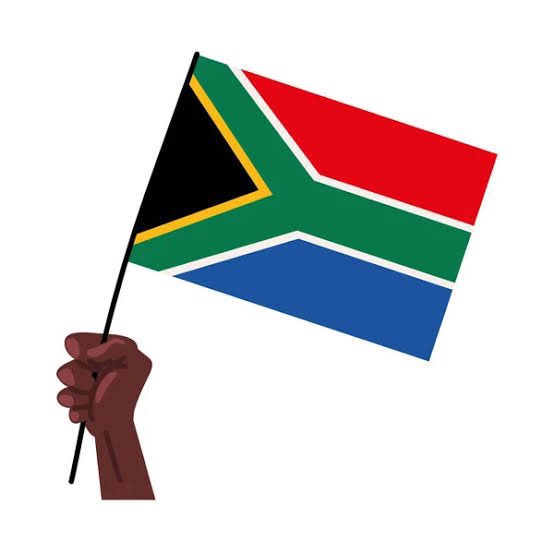Beneath the surface of South Africa’s official economic data lies a bustling, vibrant, and colossal parallel world. It’s the economy of the street vendor, the spaza shop owner, and the independent repairman. Recent analysis has put a staggering figure on this sector: a R900 billion informal economy that operates almost entirely outside the formal tax net.
This hidden economy is a testament to the resilience and entrepreneurial spirit of millions of South Africans who have created their own jobs. Yet, its size and untaxed nature present a profound paradox for a country grappling with a massive budget shortfall and crumbling public services.
A Testament to Hustle and Survival
To understand the informal sector, you have to look at the bustling taxi ranks, the vibrant township markets, and the home-based salons. This R900 billion figure isn’t an abstraction; it’s the collective revenue of millions of small-scale transactions. It represents the fruit and vegetables sold on a corner, the traditional attire made for special occasions, and the hot meals prepared for commuters.
This sector is the lifeblood for families and a crucial cushion against the country’s staggeringly high official unemployment rate. It is a world built on cash, trust, and immediate need, far removed from the formalities of business registration and VAT filings.
The Taxman’s Dilemma
For the South African Revenue Service (SARS), this massive economic activity represents a significant challenge. While large corporations and salaried employees carry the bulk of the country’s tax burden, this R900 billion shadow economy contributes very little to the national fiscus. That is money that could, in theory, help fund schools, clinics, and infrastructure.
The issue is not a simple one of evasion. Many of these micro-enterprises operate on razor-thin margins. The cost and complexity of formal registration, coupled with the burden of monthly tax submissions, are often insurmountable hurdles for a single person selling produce. For them, the informal sector is not a choice to avoid tax, but the only viable means of survival.
Formalization: A Daunting but Necessary Path
The real opportunity for South Africa lies not in punishing this sector, but in finding smart ways to gradually bring it into the fold. This concept, known as formalization, is a delicate balancing act. It involves creating simplified tax regimes for micro-businesses, providing education on financial management, and incentivizing registration with the promise of access to credit and support services.
The goal is to help these entrepreneurs grow from survivalist activities into sustainable small businesses that can eventually contribute to the tax base. A heavy-handed approach could snuff out this vital source of employment and innovation.
The R900 billion informal economy is a powerful force. It is both a sign of a distressed formal job market and a reservoir of immense entrepreneurial energy. Harnessing this energy responsiblysupporting its growth while gently guiding it toward contributionis one of the most critical economic puzzles South Africa needs to solve. The future of the fiscus may very well depend on it.




























